revup
Get Wild Outdoors
This is a post that my father in-law put on the AR15.com forum.
http://www.ar15.com/forums/t_10_19/667147_Combat_Farming.html&page=1
I figured I would share here, as it is informative and a good read.
I'm very proud of the things he has been able to do.
If you have any quiestions, you can contact him on his webiste here
http://www.fafdevelopments.com/
Through my business, I worked in Afghanistan on agriculture projects designed to assist with stabilization efforts in the region. I want to share with you some of the lessons learned along with some photos. I hope these are beneficial to those of you looking into or already working on low tech, sustainable farming/gardening projects here in the states.
Here is an aerial view of the region where we worked.
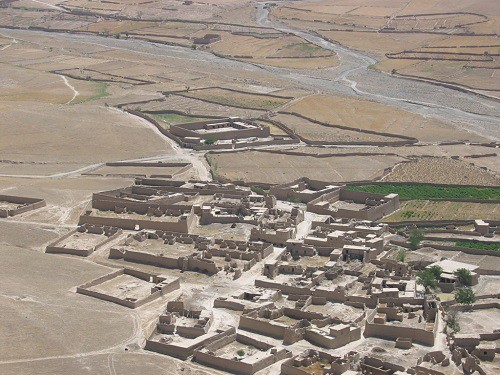
We worked with the military stationed in the region.
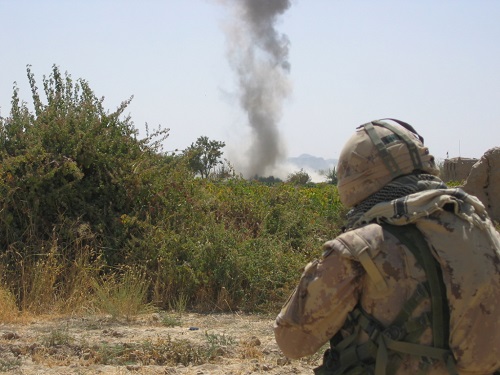
Most people think Afghanistan is a big sandbox, but soils in the valleys range from Loamy Sand to Clay Loam; good soils to grow most anything and similar to many places in the US.
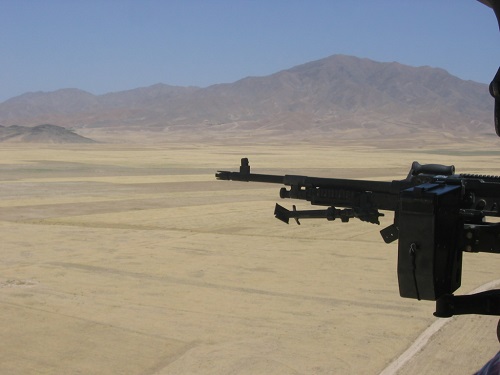
Start seeds early and plant crops that are adapted for your area. We used open pollinated seeds since people in Afghanistan save their seeds and have had problems saving seeds from a good crop of hybrids not producing the next year. It is good to keep this in mind and know the difference.
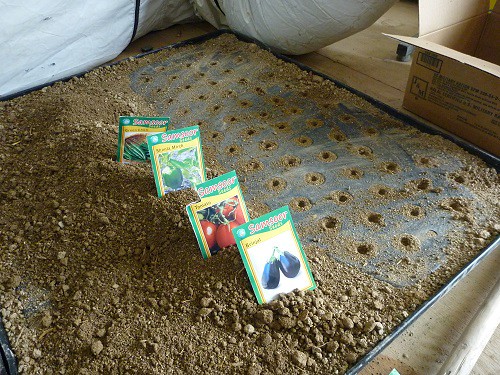
Get the right tools for the job. Take into consideration what tools are available in the area.
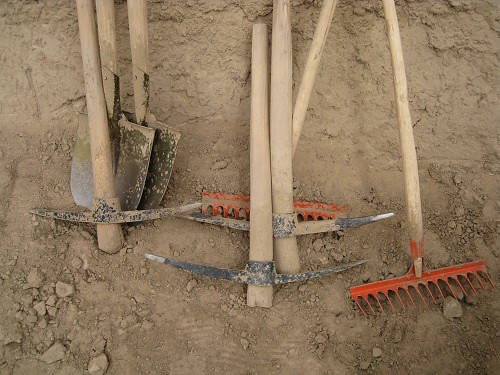
Get your fertilizer. We used manure and stayed away from commercial fertilizers that could have alternative and destructive uses.
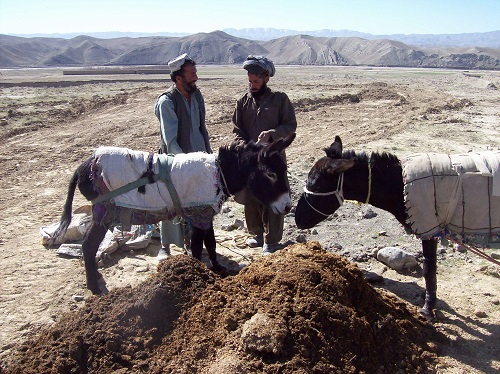
We strived to use 1880's technology - before the gas engine and electricity. This would allow locals to continue to use our methods even after we left. This is also useful knowledge in the event that power went out in the US for a period of time. Low tech = sustainable.
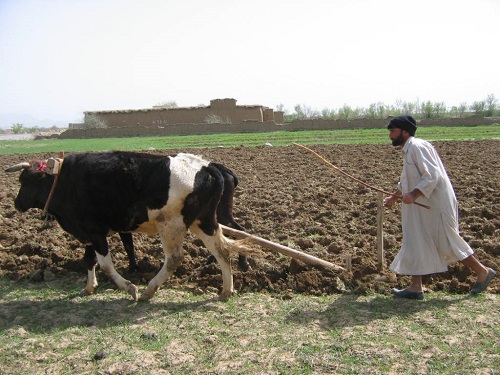
In Afghanistan many people lost their knowledge of farming due to 30-years of war. Many cannot read or write so in the past they learned from their elders passing on knowledge. This chain of information was deeply impacted by war...loss of life, being displaced from their homes and/or living in refugee camps has all but wiped out the current population's knowledge of farming. Similarly, here in the US we see a disconnect between the consumer and the producer, how many people still have a connection to farming or even know someone that farms?
To begin re-teaching the basics of farming we put the word out for villagers to come to a field day.
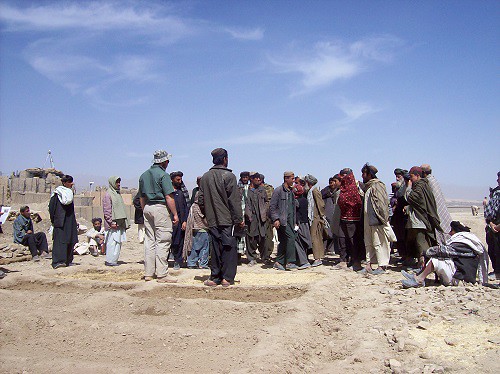
We had a good farmer turnout for our field day where we demonstrated each step of starting a garden or small-scale farm. Here we are putting fertilizer in a small bed then mixing it in with the soil.
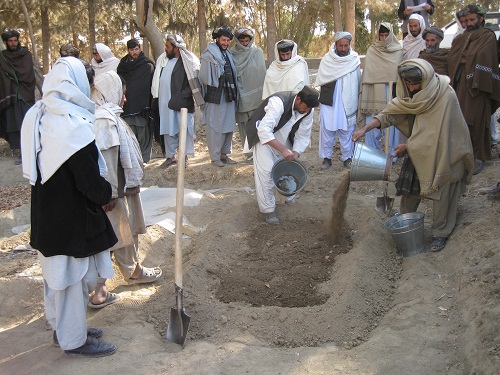
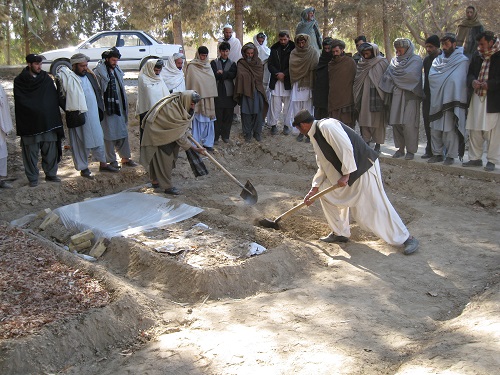
Some of our projects got quite large and involved a lot of people. It was good to to see the community coming together. There is a real benefit to pooling resources and knowing who you can count on, what their abilities are and also identifying your own skill set.
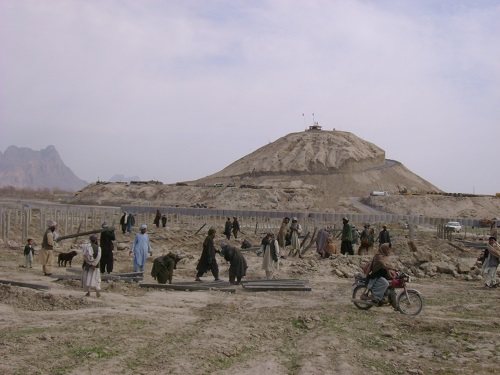
Bed preparation: In a dry climate, you make planting beds with a dike around them to hold water in, whereas in a wet/tropical climate you plant on a raised bed so water runs off. In a temperate climate, such a Iowa, you plant on the flat.
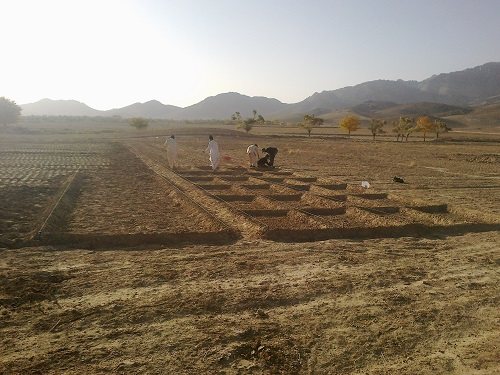
Some beds were watered before planting.
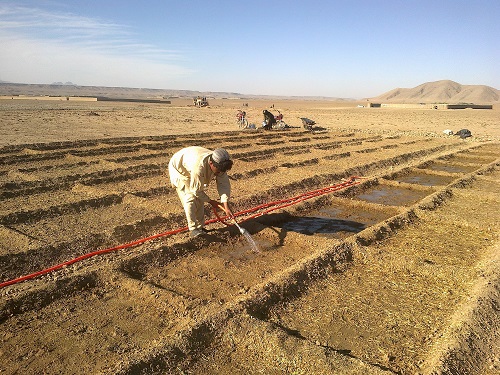
We held planting demos throughout the project.
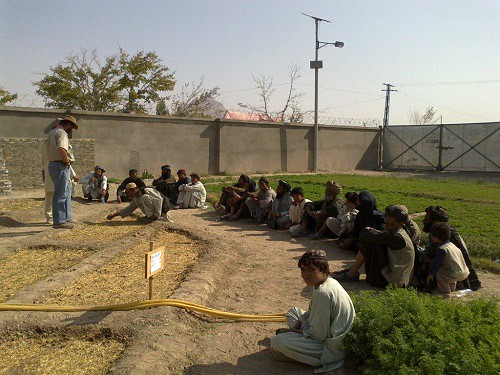
Our demonstration farms varied from ¼ acre to 3 acres in size. Planted were the main crops locals were accustomed to in AF.
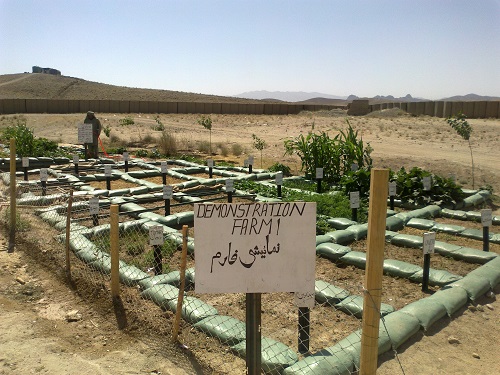
We left enough room for the creeper to get out.
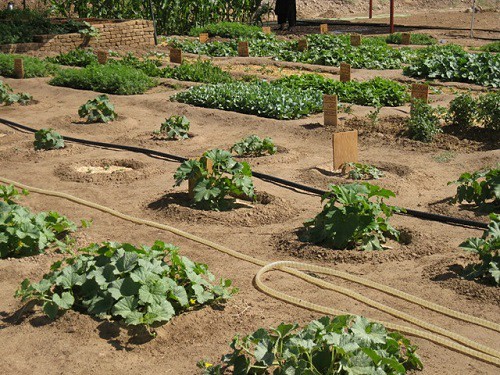
Weeds were not much of an issue in the dry areas so we did not have a need for pesticides. This was a good thing since most of the pesticides came from Pakistan and you couldn't be sure what was actually in the bottle ½ besides since many farmers could not read it would've been hard for them to maintain a regimen using pesticides.
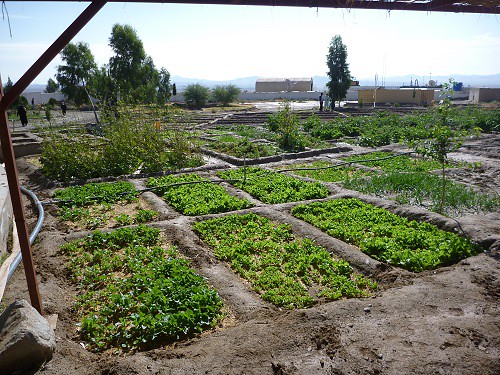
One thing we tried but did not work well was this stair garden, which dried out much too fast in this desert climate. This set up would work much better in a wet climate.
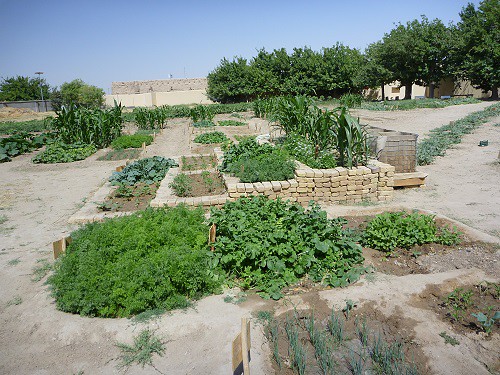
Working in the desert climate it was extremely important to water only what needed to be watered, never waste water. Over watering could also be problematic because you want the plant roots to go down in search of natural water sources. We got lots of buy-in from the villages; many kids would come and play - a good sign in AF. If kids were out it meant that you could expect to have a good day free from violence.
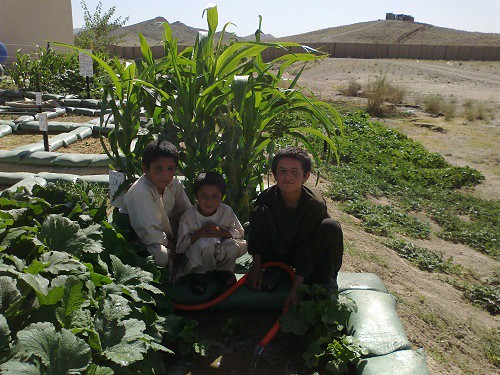
Harvest: We were able to increase yields more than 300% utilizing only the tools and technology available to the local population at each project location. Was it sustainable? Yes. We ensured sustainability through teaching and leaving behind the "know-how" to repeat the process.
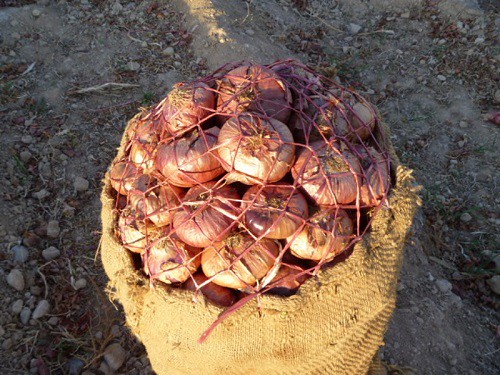
If you are unsure of the crop you're planting, start small. A 4x4 foot area is enough to see success but not too much to lose if it doesn't work out. You always learn from mistakes.
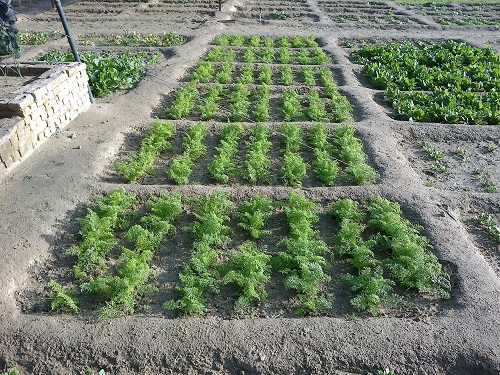
The average size farm in Afghanistan is 1 to 3 acres and sustains a family of eight. Each farm is fenced or walled to maintain security.
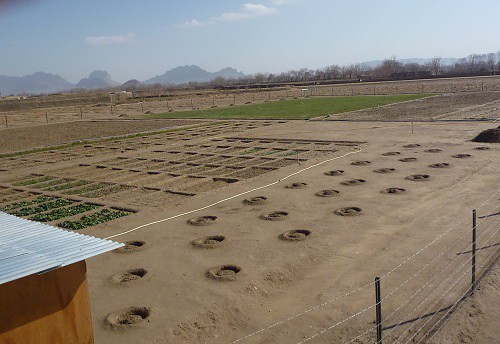
Security for your property is very important to keep in mind when planning your garden/farm layout. Livestock and wild animals can wreak havoc on crops. Additionally, other people can also become a threat under the right conditions. For example, what if you had food and you neighbor had none?
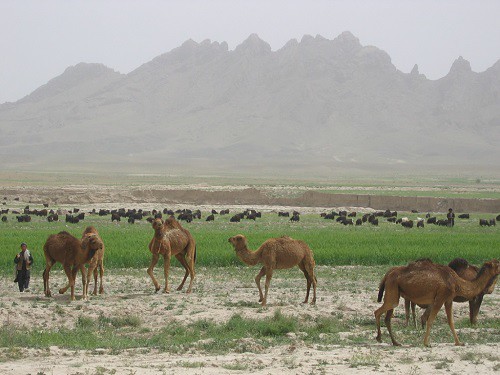
All in all my experience in Afghanistan was very positive. There were some close calls...
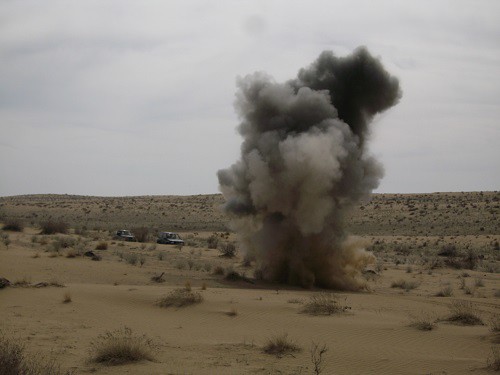
but, I also got to meet a lot of interesting people.
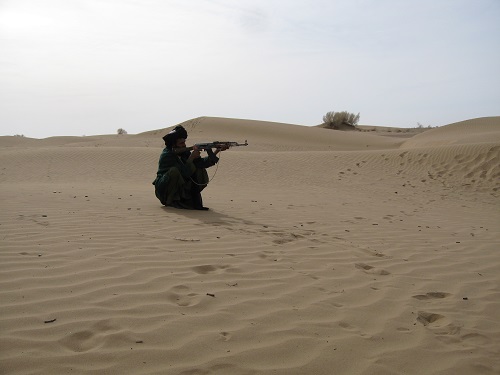
We accomplished our mission and, through our work, reduced conflict, which saved lives!
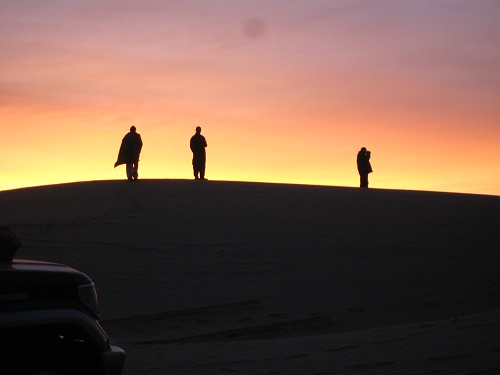
I hope you found this informative and if you have any questions, let me know. -- Combat Farmer
http://www.ar15.com/forums/t_10_19/667147_Combat_Farming.html&page=1
I figured I would share here, as it is informative and a good read.
I'm very proud of the things he has been able to do.
If you have any quiestions, you can contact him on his webiste here
http://www.fafdevelopments.com/
Through my business, I worked in Afghanistan on agriculture projects designed to assist with stabilization efforts in the region. I want to share with you some of the lessons learned along with some photos. I hope these are beneficial to those of you looking into or already working on low tech, sustainable farming/gardening projects here in the states.
Here is an aerial view of the region where we worked.

We worked with the military stationed in the region.

Most people think Afghanistan is a big sandbox, but soils in the valleys range from Loamy Sand to Clay Loam; good soils to grow most anything and similar to many places in the US.

Start seeds early and plant crops that are adapted for your area. We used open pollinated seeds since people in Afghanistan save their seeds and have had problems saving seeds from a good crop of hybrids not producing the next year. It is good to keep this in mind and know the difference.

Get the right tools for the job. Take into consideration what tools are available in the area.

Get your fertilizer. We used manure and stayed away from commercial fertilizers that could have alternative and destructive uses.

We strived to use 1880's technology - before the gas engine and electricity. This would allow locals to continue to use our methods even after we left. This is also useful knowledge in the event that power went out in the US for a period of time. Low tech = sustainable.

In Afghanistan many people lost their knowledge of farming due to 30-years of war. Many cannot read or write so in the past they learned from their elders passing on knowledge. This chain of information was deeply impacted by war...loss of life, being displaced from their homes and/or living in refugee camps has all but wiped out the current population's knowledge of farming. Similarly, here in the US we see a disconnect between the consumer and the producer, how many people still have a connection to farming or even know someone that farms?
To begin re-teaching the basics of farming we put the word out for villagers to come to a field day.

We had a good farmer turnout for our field day where we demonstrated each step of starting a garden or small-scale farm. Here we are putting fertilizer in a small bed then mixing it in with the soil.


Some of our projects got quite large and involved a lot of people. It was good to to see the community coming together. There is a real benefit to pooling resources and knowing who you can count on, what their abilities are and also identifying your own skill set.

Bed preparation: In a dry climate, you make planting beds with a dike around them to hold water in, whereas in a wet/tropical climate you plant on a raised bed so water runs off. In a temperate climate, such a Iowa, you plant on the flat.

Some beds were watered before planting.

We held planting demos throughout the project.

Our demonstration farms varied from ¼ acre to 3 acres in size. Planted were the main crops locals were accustomed to in AF.

We left enough room for the creeper to get out.

Weeds were not much of an issue in the dry areas so we did not have a need for pesticides. This was a good thing since most of the pesticides came from Pakistan and you couldn't be sure what was actually in the bottle ½ besides since many farmers could not read it would've been hard for them to maintain a regimen using pesticides.

One thing we tried but did not work well was this stair garden, which dried out much too fast in this desert climate. This set up would work much better in a wet climate.

Working in the desert climate it was extremely important to water only what needed to be watered, never waste water. Over watering could also be problematic because you want the plant roots to go down in search of natural water sources. We got lots of buy-in from the villages; many kids would come and play - a good sign in AF. If kids were out it meant that you could expect to have a good day free from violence.

Harvest: We were able to increase yields more than 300% utilizing only the tools and technology available to the local population at each project location. Was it sustainable? Yes. We ensured sustainability through teaching and leaving behind the "know-how" to repeat the process.

If you are unsure of the crop you're planting, start small. A 4x4 foot area is enough to see success but not too much to lose if it doesn't work out. You always learn from mistakes.

The average size farm in Afghanistan is 1 to 3 acres and sustains a family of eight. Each farm is fenced or walled to maintain security.

Security for your property is very important to keep in mind when planning your garden/farm layout. Livestock and wild animals can wreak havoc on crops. Additionally, other people can also become a threat under the right conditions. For example, what if you had food and you neighbor had none?

All in all my experience in Afghanistan was very positive. There were some close calls...

but, I also got to meet a lot of interesting people.

We accomplished our mission and, through our work, reduced conflict, which saved lives!

I hope you found this informative and if you have any questions, let me know. -- Combat Farmer
Last edited:


